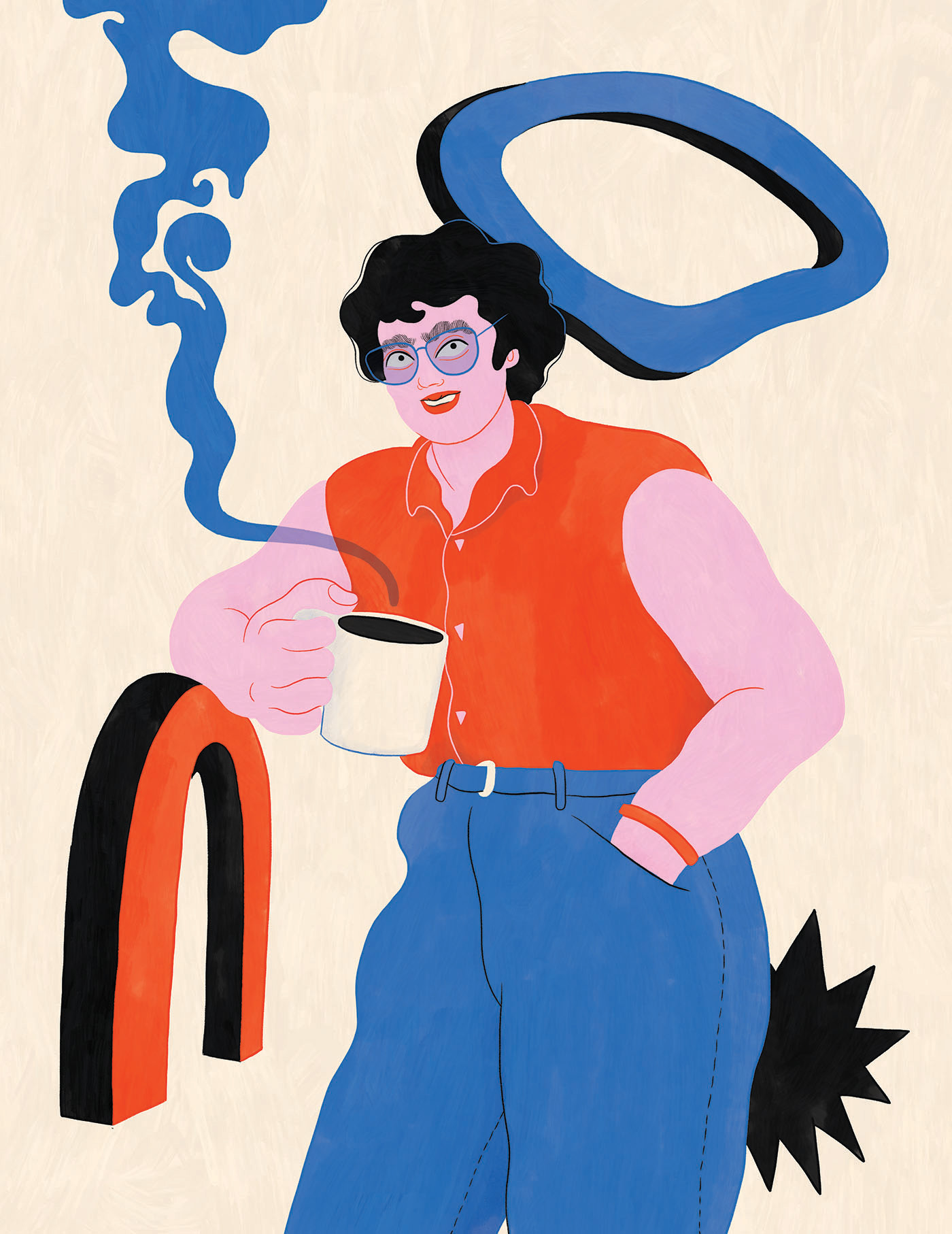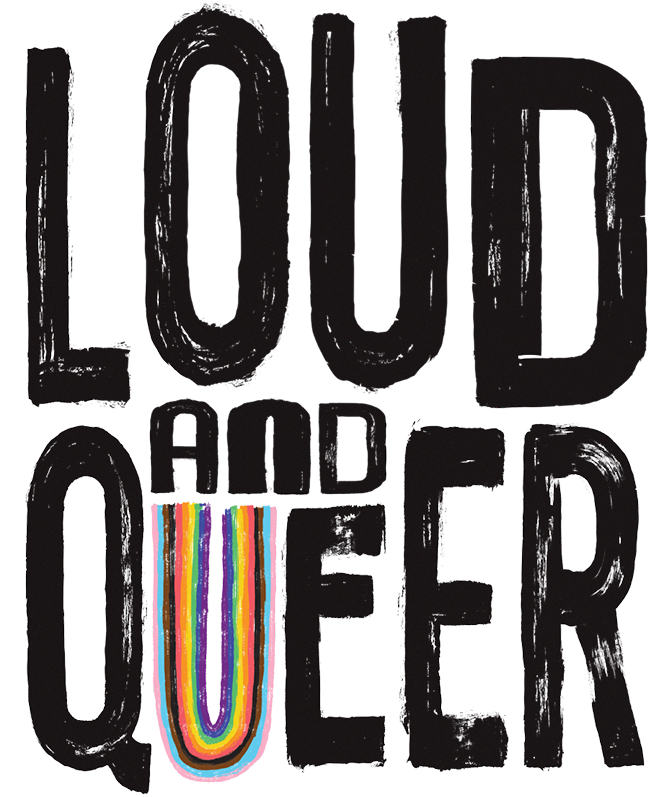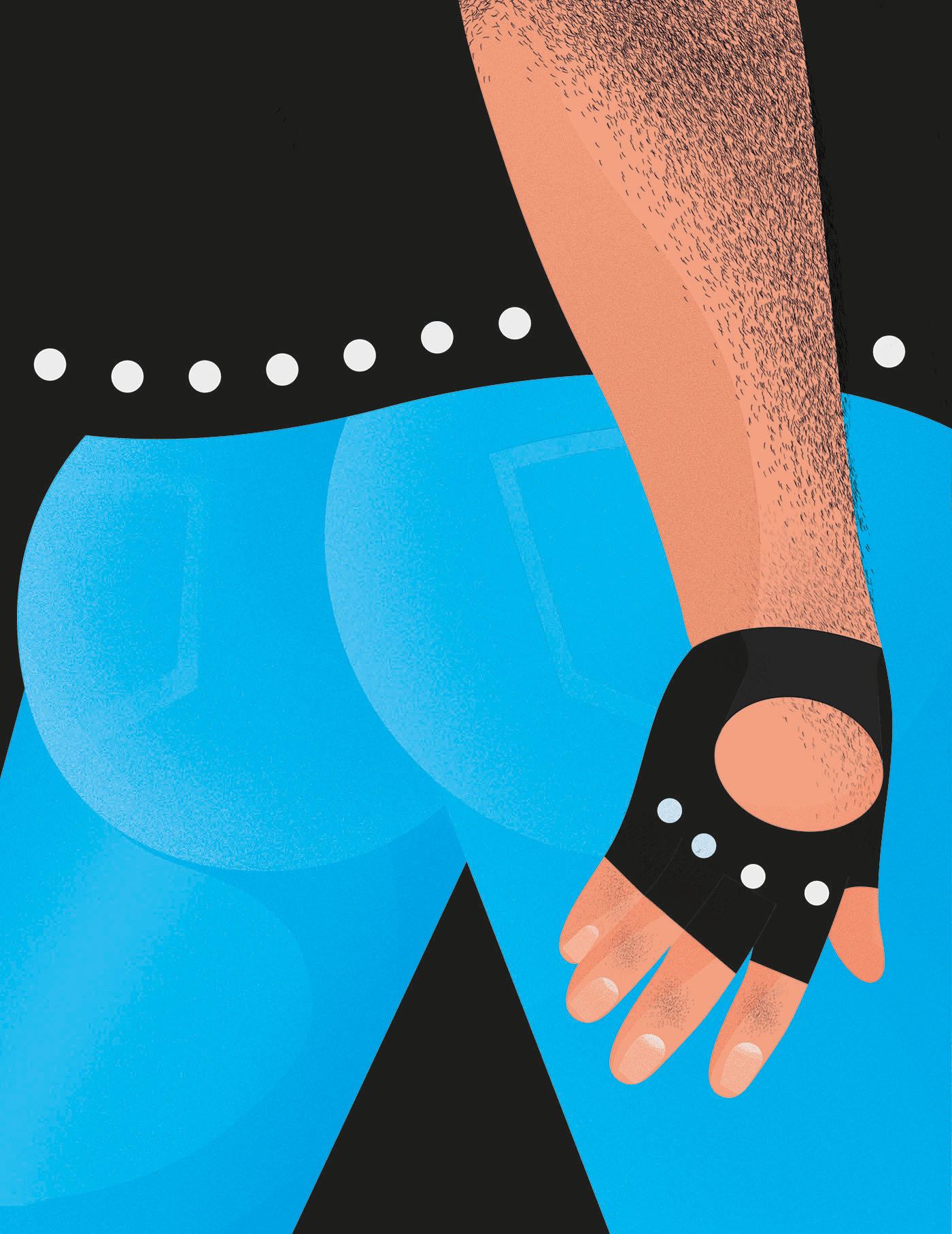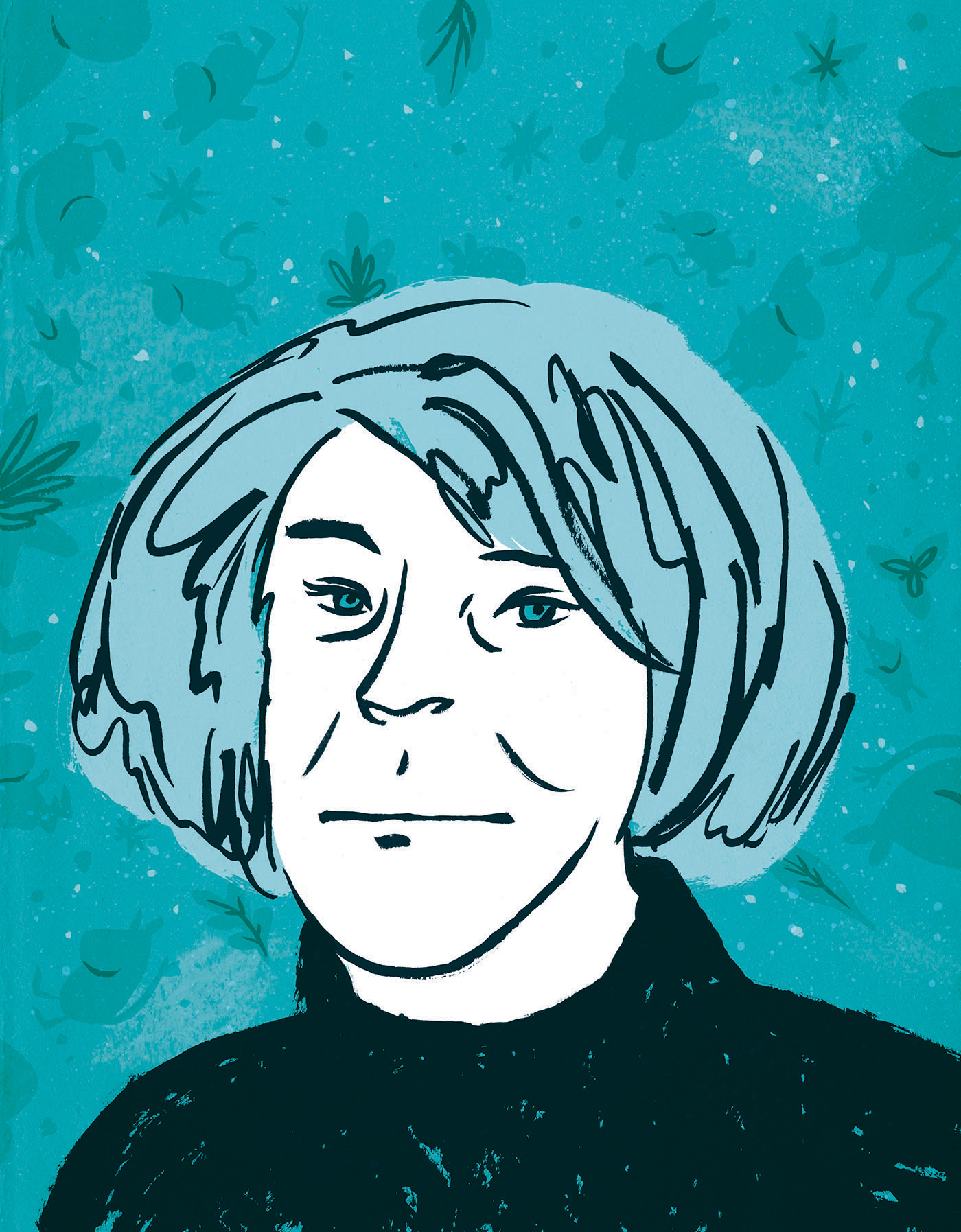
Barbara Gittings
Artwork By:
Sofie Birkin
Words By:
Clea Skopeliti
Scroll Down


About

Considered by many to be the mother of the modern LGBT rights movement, Barbara Gittings laid the groundwork for the fight at a time when few people were publicly out, describing the situation as a “club”: “There were scarcely 200 of us in the whole United States.” The seminal activist set up the New York chapter of Daughters of Bilitis, the US’ first lesbian rights organisation, in 1958.
Bold and outspoken, Gittings increasingly pushed back against the organisation’s early assimilation tendencies, which emphasised respectability and favoured gender conformity. She edited the group’s magazine The Ladder from 1963 to 1966, adding the subtitle ‘Lesbian Review’ and featuring portraits of lesbians on its cover, many of whom were photographed by Gittings’ partner, Kay Lahusen.
In 1965, Gittings and nine others picketed the White House in what is believed to be the first gay rights demonstration. In the years leading up to Stonewall, she joined other activists in annual rallies in Philadelphia.
Alongside activist Frank Kameny, Gittings campaigned for the declassification of homosexuality as a psychiatric disorder, convincing the American Psychiatrists’ Association to hold a debate on the matter. The pair enlisted a gay psychiatrist identified at the time only as ‘Dr Henry Anonymous’, who spoke about the effect the classification had on gay people’s sense of self.
The campaign culminated in the AMA removing homosexuality from its list in 1973. Gittings celebrated by being photographed with the iconic ‘Twenty Million Homosexuals Gain Instant Cure’ headline in a Philadelphia newspaper.
Although not a librarian by training, Gittings crusaded for libraries to offer gay literature, particularly novels offering positive representation of gay lives. In honour of her work, the American Library Association named their prize for best gay novel the Barbara Gittings Award.
Looking back at her activism over nearly half a century in 1999, Gittings described the work she and other gay people across the US had done as fighting “to get the bigots off our backs, to oil the closet door hinges, to change prejudiced hearts and minds – and to show that gay love is good for us and for the rest of the world too”.





.jpg)

